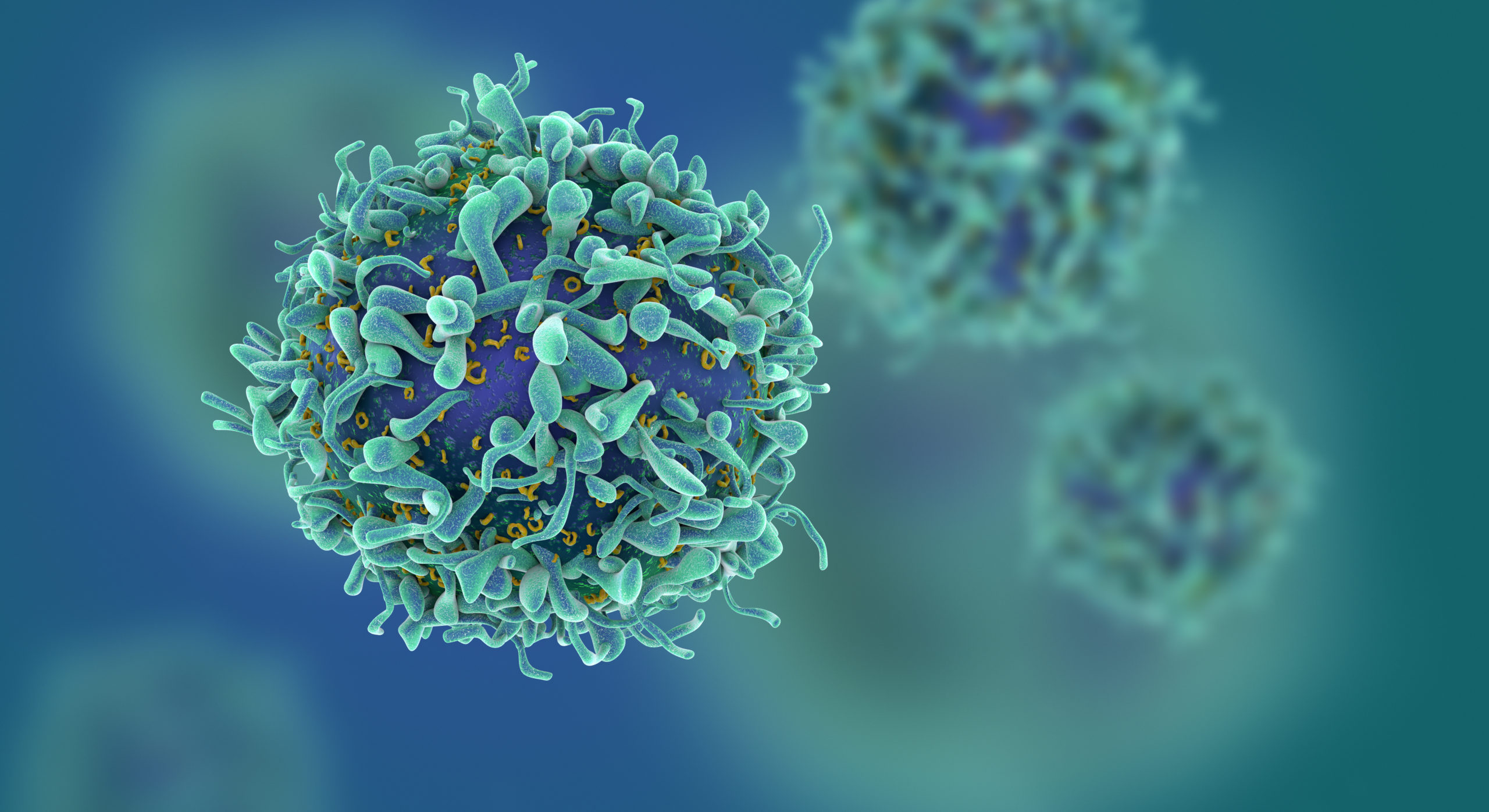Category: Clinical Breakthroughs
-

New Study Gives Answers, Drug Targets for Chronic Lung-transplant Rejection
A new Northwestern Medicine study has found that, following transplant and in chronic disease states, abnormal cells emerge and “conversations” between them drive the development of transplant rejection.
-

Medicaid Billed for More than Half of U.S. Hospital Costs From Gun Injuries
The initial hospital treatment of firearm injuries costed an estimated $7.7 billion between 2016 and 2021, with the largest share falling on urban trauma center hospitals that serve the highest proportion of Medicaid patients, according to a new study.
-

Minimally Invasive Surgery May Improve Outcomes in Severe Stroke
Minimally invasive endoscopic surgery may be an effective and safe treatment for patients with intracerebral hemorrhage, the most severe type of stroke, according to results from a recent clinical trial published in JAMA Neurology.
-

New Ultrasound Curricula May Improve Residency Education and Training
New consensus-based recommendations on point-of-care ultrasound skills, instructional methods, and assessment strategies could help improve ultrasound education and training nationwide, as detailed in a recent study published in Annals of Internal Medicine.
-

AI Models Predict Sepsis in Children, May Enable Preemptive Care
Northwestern scientists have developed and validated AI models that accurately identify children at high risk for sepsis within 48 hours, so they can receive early preemptive care.
-

Nearly Everyone Has at Least One Risk Factor Before a Heart Attack, Stroke or Heart Failure
More than 99 percent of people who went on to suffer a heart attack, stroke or heart failure already had at least one risk factor above optimal level beforehand, according to a new study.
-

Black Adults Face Heart Failure Nearly 14 Years Earlier than White Patients
Black adults in the U.S. are first hospitalized for heart failure nearly 14 years earlier than white adults, according to a new study analyzing data from more than 42,000 patients across hundreds of hospitals.
-

Diabetes Drug May Protect Against Kidney Inflammation
A new study has shed light on how a class of diabetes drugs may protect the kidneys — not just by lowering blood sugar, but by triggering a molecular shift that dampens inflammation, according to the study published in The Journal of Clinical Investigation.
-

Identifying Biomarkers to Guide Prostate Cancer Treatment
Biological markers may help predict which patients will benefit most from specific therapies to treat prostate cancer, according to a study published in the journal Cell.
-

Modified T-cells Promote Tissue Repair from Pneumonia
Northwestern Medicine scientists have discovered that a subset of laboratory-modified T-cells can promote the repair of lung tissue damaged by viral pneumonia, according to a recent study published in The Journal of Clinical Investigation.






